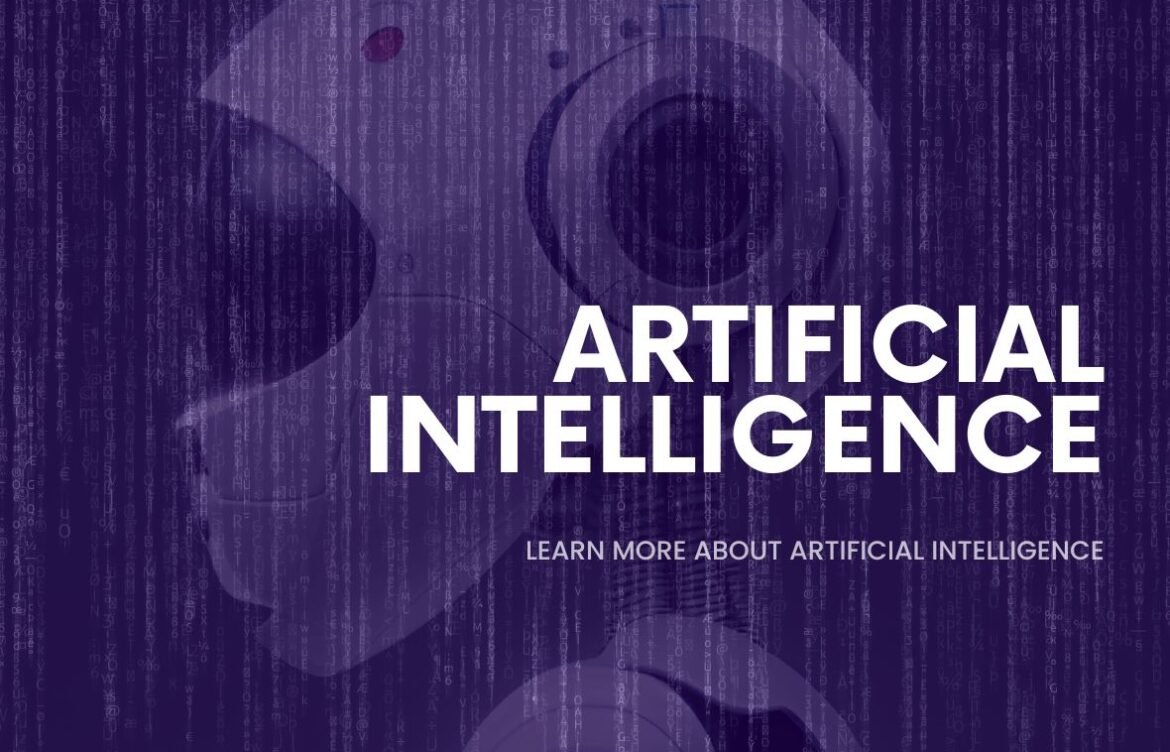
Unveiling AI: A Beginner’s Guide to Grasping Artificial Intelligence
Artificial Intelligence (AI) has swiftly woven itself into the fabric of our modern world, transforming industries, enhancing experiences, and shaping the future in unprecedented ways. In this comprehensive guide, we’ll journey through the history, applications, and future potential of AI, unraveling its mysteries for beginners and curious minds alike. To delve deeper into AI’s realm, you can explore more insights on ChatGPT’s article on Artificial Intelligence and its significance.
History of Artificial Intelligence
The concept of AI dates back to ancient civilizations, but its modern roots can be traced to the mid-20th century. The term “Artificial Intelligence” was coined in 1956 during the Dartmouth Workshop, where early pioneers aimed to create machines capable of human-like reasoning. Over time, AI evolved through different phases, from rule-based systems to machine learning and neural networks, paving the way for its applications across various domains.
Applications of Artificial Intelligence
AI’s transformative power lies in its diverse applications, redefining industries and shaping our daily lives:
Natural Language Processing (NLP): NLP enables machines to understand, interpret, and generate human language. Virtual assistants like ChatGPT leverage NLP to hold meaningful conversations, offer insights, and assist users seamlessly.
Computer Vision: AI-driven computer vision enables machines to interpret and analyze visual information from the world, ranging from facial recognition and object detection to medical imaging and autonomous vehicles.
Robotics: The synergy between AI and robotics has led to advanced automation, from manufacturing processes to exploring hazardous environments and even performing delicate surgical procedures.
Healthcare: AI has revolutionized healthcare by aiding in diagnostics, drug discovery, and personalized treatment plans. It enables early disease detection and can analyze vast medical datasets to extract valuable insights.
Finance: In the financial sector, AI algorithms analyze market trends, predict stock prices, detect fraudulent activities, and enhance customer service through chatbots, providing a competitive edge and better customer experiences.
Future Potential of Artificial Intelligence
The future potential of AI is both exciting and boundless. As technology continues to advance, we can anticipate remarkable developments across various sectors:
Autonomous Vehicles: AI’s role in autonomous vehicles promises safer roads and efficient transportation systems, as self-driving cars use sensors and AI algorithms to navigate and make split-second decisions.
Improved Healthcare: AI will enable precision medicine, personalizing treatment plans based on individual genetics and medical history, leading to more effective and efficient healthcare delivery.
Enhanced Education: Personalized learning experiences powered by AI can cater to each student’s strengths and weaknesses, making education more engaging and effective.
Sustainable Energy: AI-driven energy management can optimize power consumption, predict demand, and facilitate the integration of renewable energy sources, contributing to a greener and more sustainable future.
Improved Cybersecurity: AI can fortify cybersecurity efforts by identifying patterns in cyber threats, detecting vulnerabilities, and responding to attacks in real time.
Ethical Considerations
As we explore the expansive landscape of AI, it’s imperative to address ethical considerations. The increasing integration of AI in various aspects of our lives raises concerns about privacy, bias, and job displacement. Striking a balance between innovation and ethics is crucial to ensure AI’s benefits are accessible to all and do not inadvertently harm individuals or communities.
Collaboration with AI: A Harmonious Future
Embracing AI’s potential involves collaboration, not competition. AI augments human capabilities, enhancing productivity and decision-making across industries. Rather than fearing job displacement, we can envision a future where AI takes on repetitive tasks, allowing humans to focus on creative, strategic, and empathetic aspects of their work. The synergy between humans and machines opens doors to uncharted territories of progress.
Continuous Learning in the AI Era
For beginners and experts alike, the journey of understanding AI is an ongoing process. The field evolves rapidly, unveiling new breakthroughs and applications regularly. Engaging with online resources, courses, and research publications can help you stay abreast of the latest developments, fostering a deep and nuanced comprehension of AI’s intricacies.
Empowering the Future with AI Knowledge
Armed with a foundational understanding of AI’s history, applications, and future potential, you’re poised to engage in conversations and decisions that shape our technological trajectory. Demystifying AI allows us to explore its vast landscape, empowering us to contribute to discussions about AI’s responsible and beneficial integration into society.
Conclusion
In this journey through the realms of AI, we’ve unveiled the history, applications, and future potential of this transformative technology. From its inception to its integration into healthcare, finance, education, and beyond, AI has revolutionized industries and holds the promise of a brighter future. By delving into resources like ChatGPT’s article on Artificial Intelligence, we enrich our understanding of AI’s significance in our rapidly evolving world.
As AI’s journey continues, remember that knowledge is the key to harnessing its potential responsibly. By staying curious, exploring new horizons, and fostering a harmonious collaboration between AI and humanity, we can create a future where technology enriches lives, solves complex challenges, and paves the way for progress. So, let’s embark on this adventure together, demystifying AI one insight at a time.
